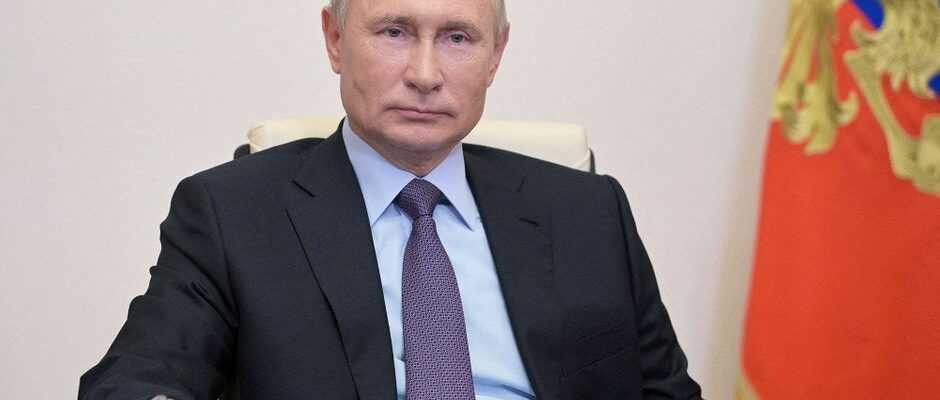Russian authorities have drawn up a list of countries “hostile” to Russia, to which Russian individuals and companies can repay their debts in rubles, a currency whose value has lost 45% since January, the government said on Monday.
Russian authorities have drawn up a list of countries “hostile” to Russia, to which Russian individuals and businesses can repay their debts in rubles, a currency whose value has lost 45% since January, the government said on Monday. This list of countries includes the countries of the European Union, Australia, the United Kingdom, Canada, Monaco, South Korea, the United States, Switzerland and Japan, among others. This text was prepared following a presidential decree on Friday, which established in vague terms a “provisional procedure” for the repayment of debts “to certain foreign creditors”. To do this, a debtor will now be able to ask a Russian bank to create a special account in rubles in the name of the foreign creditor and send him a payment in ruble equivalent, at the Central Bank’s exchange rate of the day.
This new temporary procedure applies to payments exceeding 10 million rubles per month in foreign currency equivalent. This is one of the first Russian responses to the unprecedented sanctions imposed on Russia by many Western countries following its military intervention in Ukraine. The sanctions have caused a historic depreciation of the ruble and are accompanied by the freezing of part of the funds of the authorities abroad, preventing the Central Bank from supporting the Russian currency.
To read :Wagner: investigation into Putin’s mercenaries
On Monday, market concerns focused on the possibility of economic sanctions that would directly target Russian oil. First victim on the foreign exchange market, the Russian currency melted by 10% Monday around 11:00 GMT, at 137.70 rubles per dollar, after touching 142.18 rubles, a new historic low. Since January 1, the ruble has tumbled by 45%.
Any reproduction prohibited
